Can’t Sleep at Night? These 7 Common Drinks Could Be the Reason
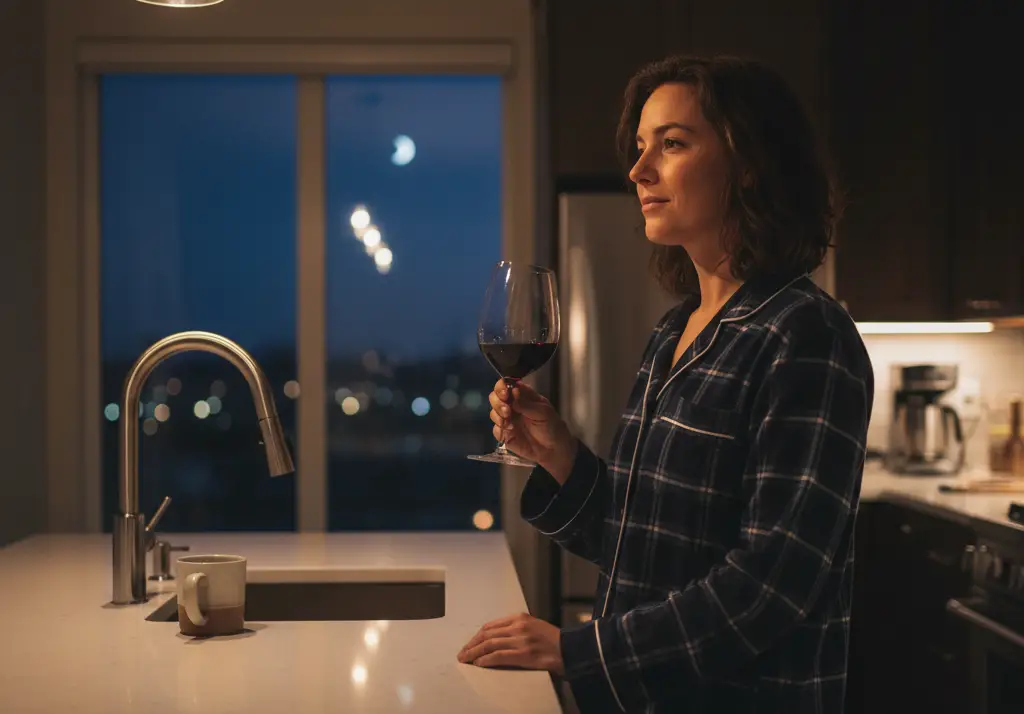
We have all been there: staring at the ceiling, tossing the blanket on and off, checking the clock every ten minutes, and wondering why sleep just will not come. While stress, blue light from screens, and an overactive mind are often to blame, your evening beverage choices might be the sneaky culprits keeping you awake. It is easy to underestimate how much that “innocent” drink you sipped after dinner can mess with your body’s ability to rest.
The truth is, many of the drinks we reach for out of habit—whether it is to relax, refresh, or just because we enjoy them—can disrupt our sleep cycles more than we realize. If you find yourself wide-eyed at midnight, it might be worth looking at what you are drinking in the hours leading up to bedtime. Here are seven of the most common drinks that can sabotage your sleep and what you can do to outsmart them.
1. Coffee
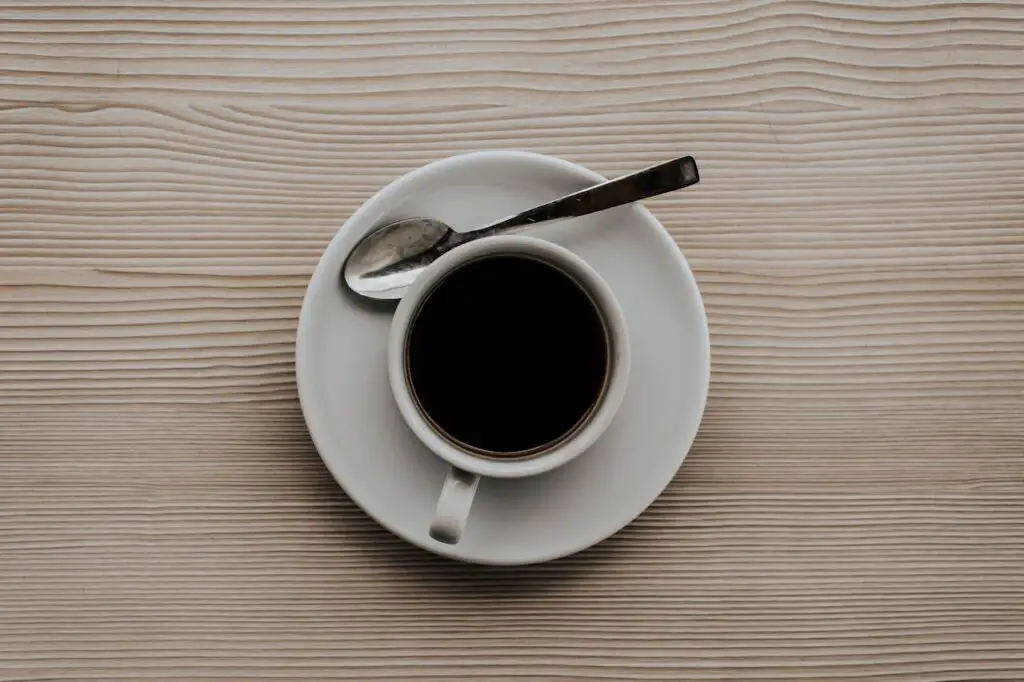
Let us get the most obvious one out of the way: coffee. For many of us, it is the magic potion that gets us moving in the morning and keeps us sharp throughout the day. But here is the catch—caffeine lingers in your system for hours, often much longer than you think. Even that late afternoon cup of coffee can still be buzzing in your bloodstream by the time you are trying to fall asleep. Caffeine blocks adenosine, a chemical in your brain that helps make you feel sleepy, so your body may not get the memo that it is bedtime.
If you are serious about sleeping better, consider cutting yourself off by mid-afternoon. Decaf can give you the comforting taste without the sleep-stealing punch. And if you find yourself sensitive to even small amounts of caffeine, moving your last cup earlier in the day might make all the difference.
2. Tea
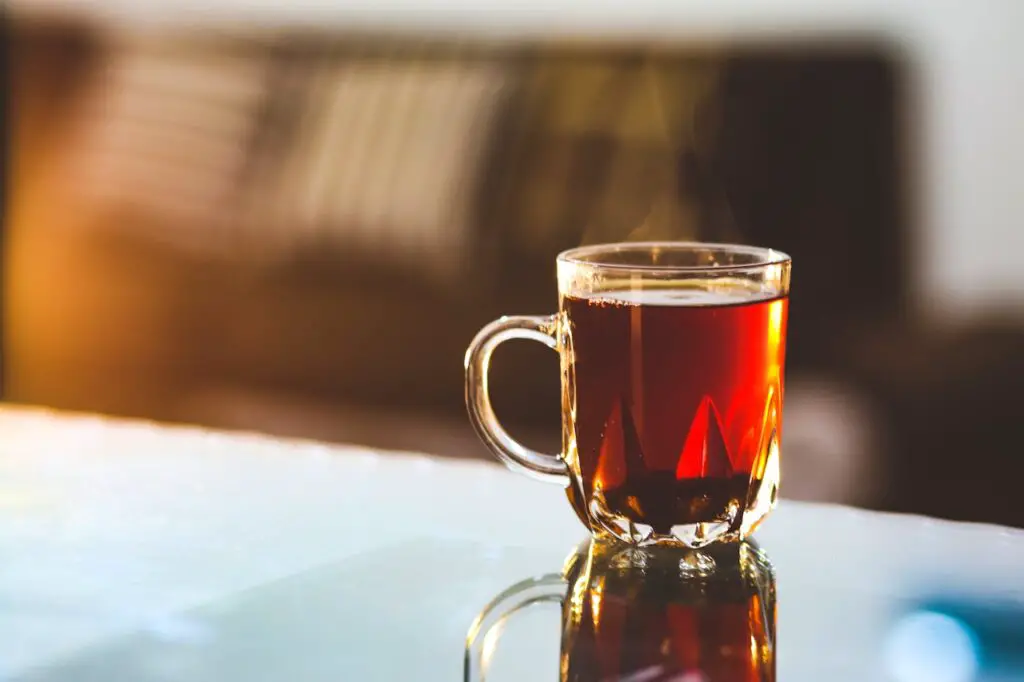
Tea often comes across as the “gentler” alternative to coffee, but many types of tea can keep you just as awake. Green, black, and oolong teas all contain caffeine, and some even pack quite a punch. You might think you are winding down with a cozy cup, only to find yourself wired later. Even certain herbal blends sneak in ingredients like yerba mate or guarana, which also act as stimulants.
If sipping tea at night is a calming ritual for you, no need to give it up completely. Just switch to caffeine-free herbal teas such as chamomile, rooibos, or peppermint. They provide the soothing effect without tricking your body into staying awake.
3. Energy Drinks and Pre-Workout Beverages
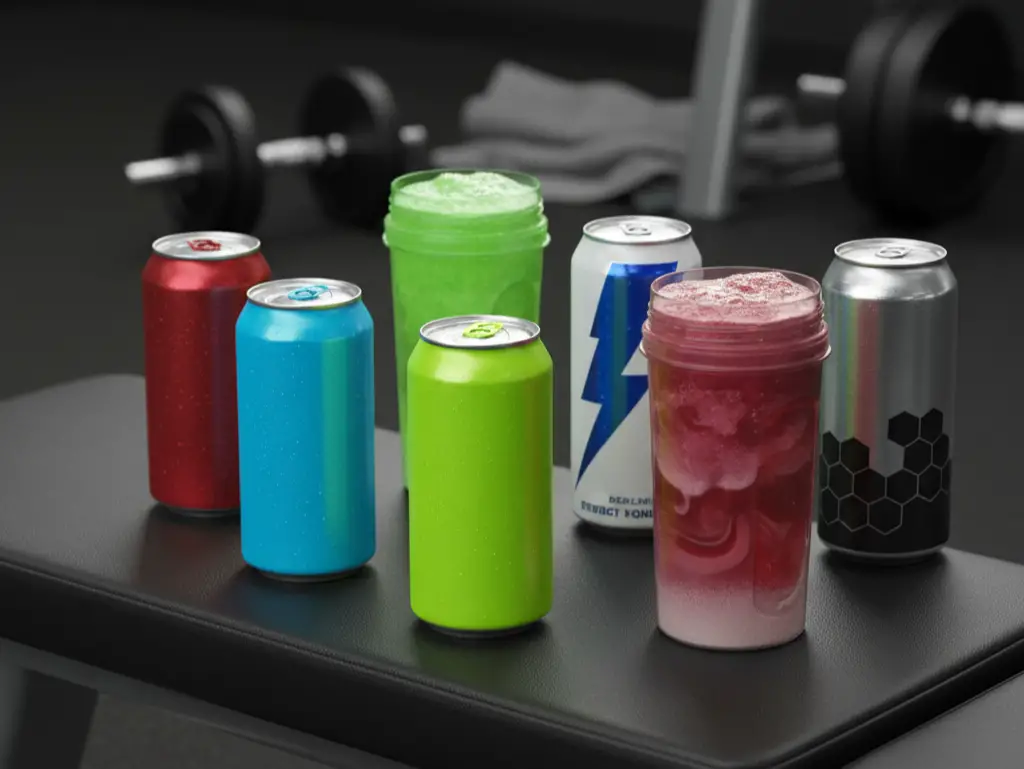
Energy drinks are designed to keep you awake and alert, so it is no surprise that they can wreck your sleep. But even when you drink them earlier in the evening—say before a workout or a late study session—they can have lingering effects that leave you tossing and turning hours later. These drinks are often loaded with high doses of caffeine, sugar, and other stimulants that create a powerful one-two punch against your sleep quality.
The occasional energy drink is not the end of the world, but if you notice your sleep patterns getting thrown off, they might be the reason. Opt for water or a light snack before an evening workout instead, and save the energy drinks for mornings when you truly need them.
4. Soda
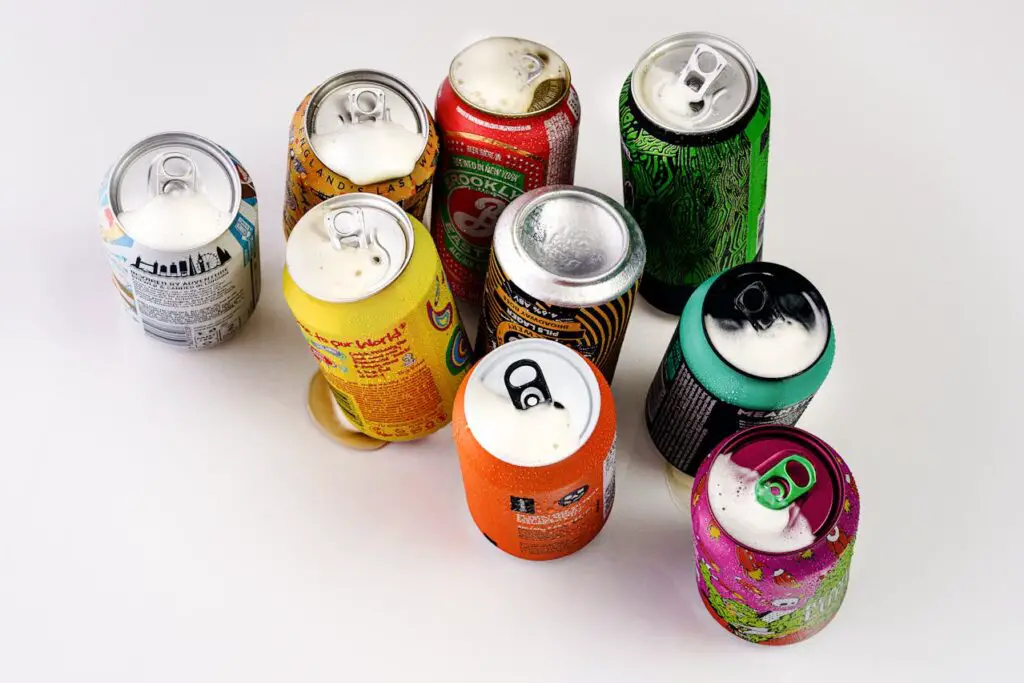
Soda might seem harmless, but it is sneaky when it comes to disturbing your sleep. Colas and many darker sodas contain caffeine, and even caffeine-free varieties can disrupt your rest because of their high sugar content. The sugar rush may give you a temporary boost, but the inevitable crash can leave your body struggling to stabilize, sometimes waking you up in the middle of the night.
On top of that, the carbonation can cause bloating or discomfort when you lie down, making it even harder to drift off. If soda is a habit you cannot shake, try limiting it to earlier in the day and swap it with sparkling water or flavored seltzers in the evening. Your body will thank you for it.
5. Alcohol
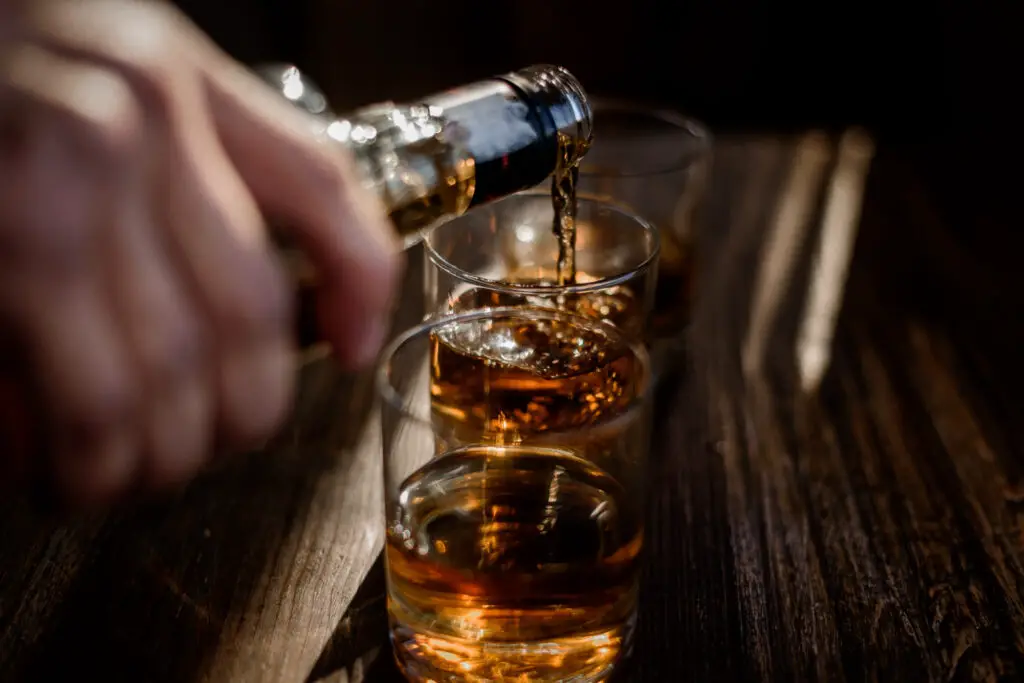
Many people rely on a nightcap to help them unwind and feel drowsy, but alcohol is one of the biggest disruptors of healthy sleep. While it can help you fall asleep faster initially, alcohol interferes with your sleep cycle once your body starts processing it. You may wake up more frequently, experience lighter and less restorative sleep, or find yourself wide awake at three in the morning for no clear reason.
To make matters worse, alcohol reduces the amount of time you spend in REM sleep, the stage most associated with deep rest and memory consolidation. The solution is not necessarily to give it up entirely, but to time it wisely. Try to finish your last drink at least two to three hours before bed, and pair it with food to soften the impact.
6. Juice and Smoothies
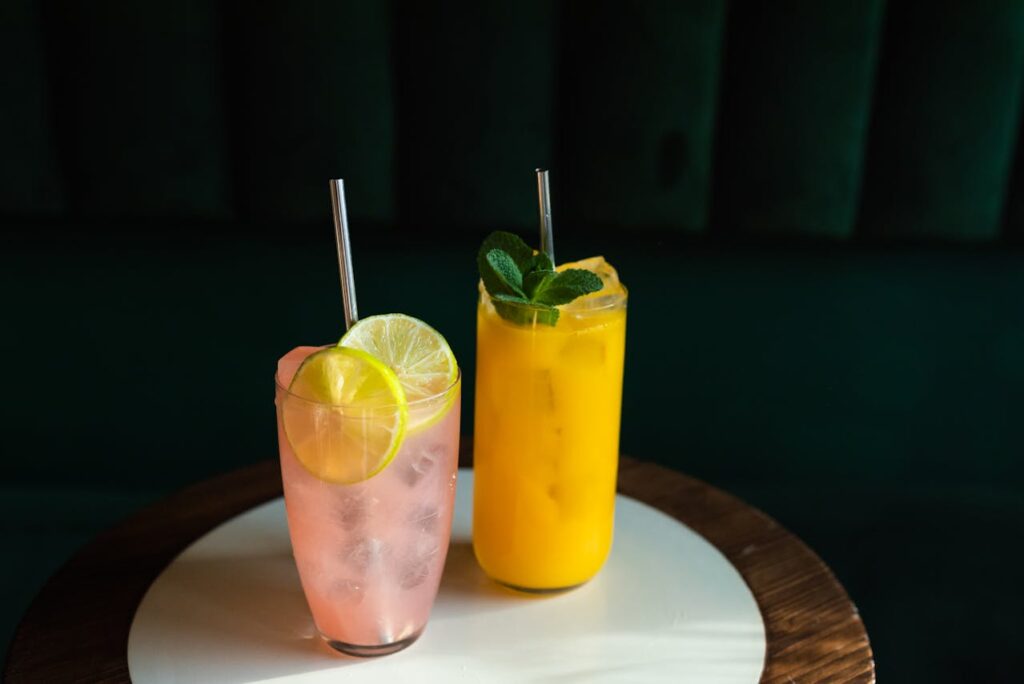
Juice may seem like an innocent, even healthy, choice before bed, but its sugar content can wreak havoc on your sleep. Drinks like orange juice, apple juice, or sweet smoothies can spike your blood sugar levels, followed by a crash that leaves your body unsettled during the night. Citrus juices also increase the risk of acid reflux, which is especially uncomfortable when you are lying down.
If you like something fruity in the evening, try watering down juice or making it a daytime treat. At night, consider something gentler, like warm milk or an herbal infusion, which can comfort you without the sugar rollercoaster.
7. Sparkling Water and Fizzy Drinks
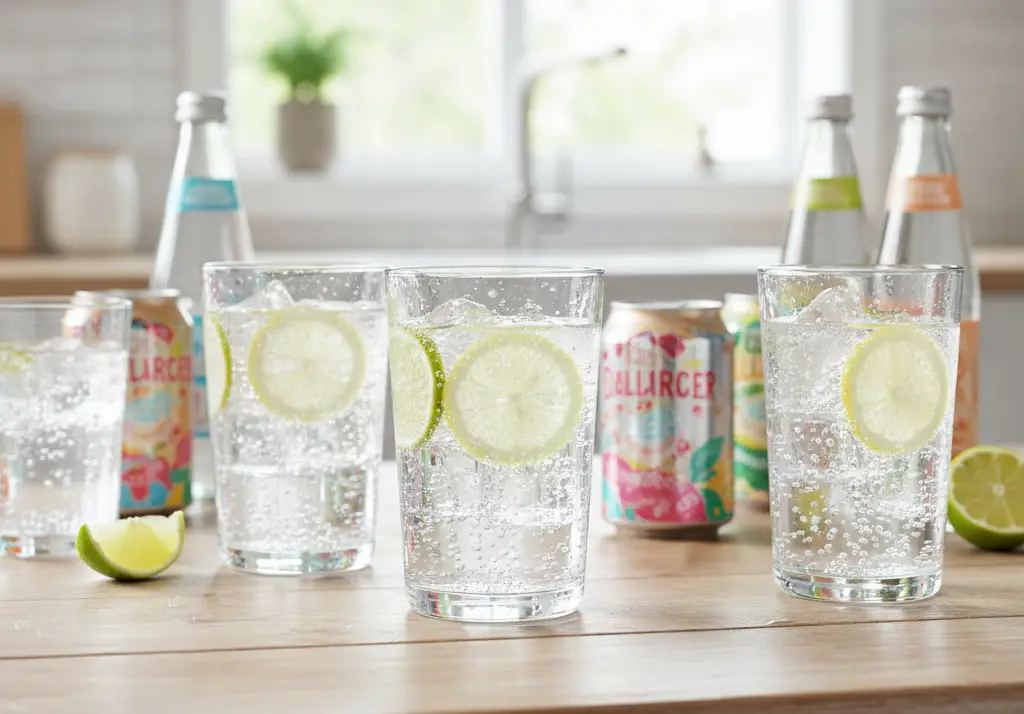
It is easy to assume sparkling water is harmless since it is often caffeine-free and sugar-free. But carbonation can still cause digestive discomfort, bloating, or even trigger acid reflux when you lie down. Some flavored sparkling waters also contain citric acid or artificial sweeteners, which can irritate your stomach and interfere with your body’s ability to relax.
If fizzy drinks are your go-to, keep them earlier in the day. For evenings, stick to flat, soothing beverages that will not upset your system. Herbal teas or even just plain water can be a safer choice if you are trying to set yourself up for restful sleep.
Final Thoughts
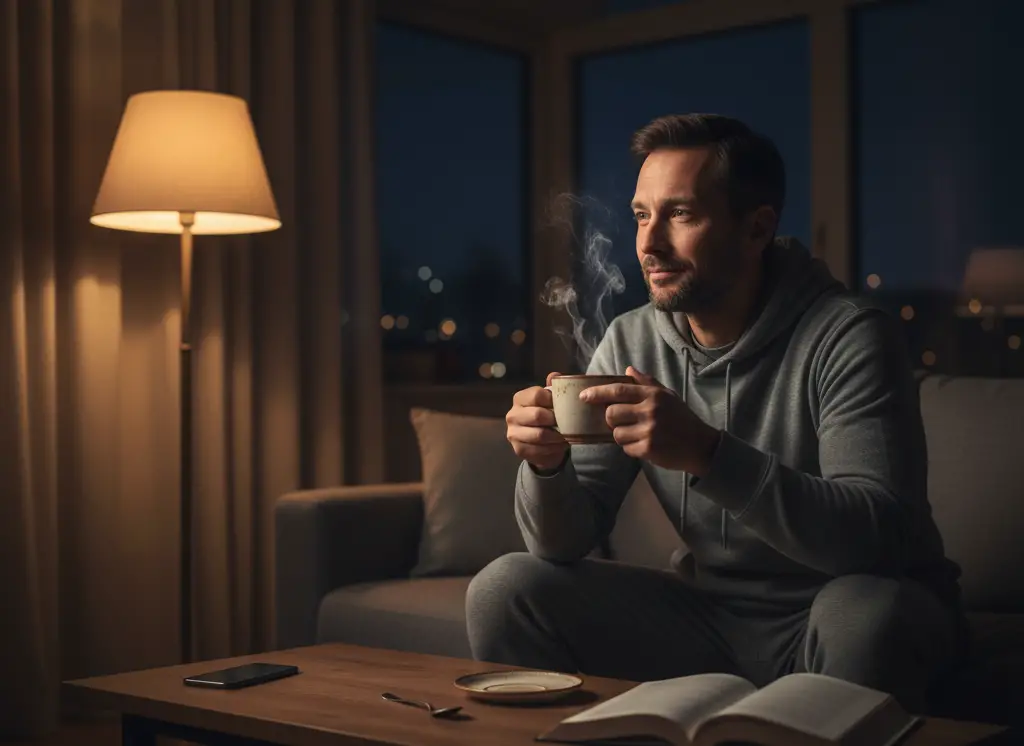
Sleep is one of the most valuable tools we have for staying healthy, energized, and mentally sharp. Yet so often, we sabotage it without realizing, simply by sipping the wrong drink too close to bedtime. Whether it is your evening soda, a “relaxing” glass of wine, or even that harmless-looking sparkling water, your nighttime choices matter more than you think.
The good news is that reclaiming your rest does not require giving up all your favorite beverages. By making small adjustments—choosing caffeine-free teas, cutting off coffee earlier in the day, or setting a limit on alcohol—you can create a nighttime routine that truly supports deep, uninterrupted sleep.
So the next time you find yourself staring at the ceiling at 1 a.m., ask yourself: was it the stress… or was it your drink? With a few mindful changes, you might just discover that the path to better sleep is as simple as changing what is in your glass.
Leave a Reply